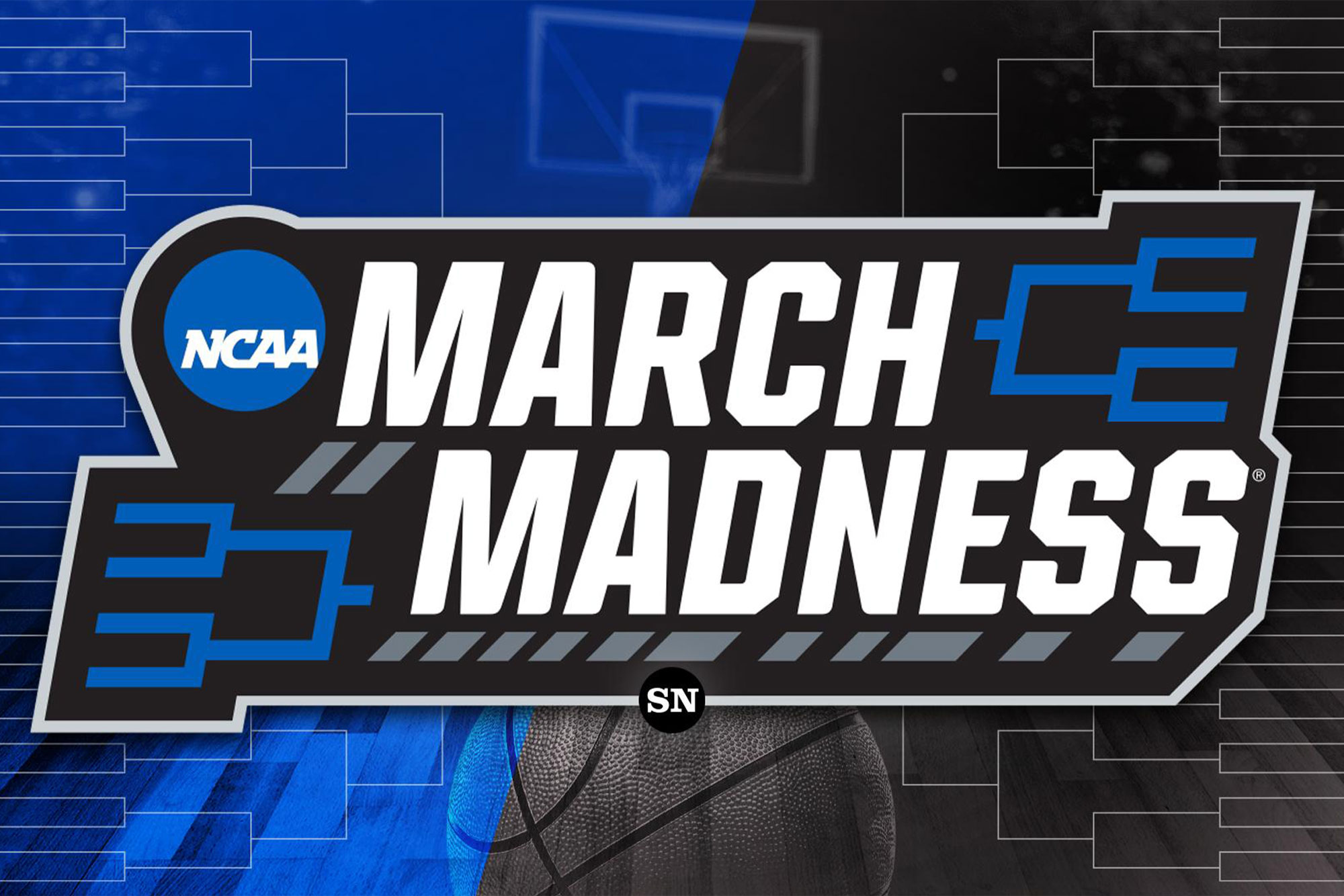How the NCAA Dropped the Ball on Their Road to Redemption and Lessons Learned.
Gender inequities persist within the sports industry. These problems are not only visible at the collegiate level, they are also evident at the professional and even Olympic levels within sports. With the lack of representation on coaching staffs, lack of promotion for televised games, and staggeringly uneven pay gaps, women seem to consistently get the short end of the stick.
It’s important to address these socially constructed inequities, and to discuss them during one of the most male-dominated events of the year: March Madness.
The National Collegiate Athletic Association’s (NCAA) annual basketball tournament is quite controversial when placed under the microscope of a gender equality lens . Think about it: it wasn’t until just last year that the women’s collegiate basketball program was approved to use the iconic name — a name that originated in 1982. It took 41 years for the women’s program to finally associate itself with March Madness, but unfortunately, women’s collegiate basketball does not reap the same benefits as their male counterparts.
The stark double standard between men and women in sports was in full effect during the 2021 NCAA tournament. Athletes showcased disparities by comparing the training facilities both groups were equipped with. Using social media as their weapon of choice, athletes competing in the women’s tournament documented the vast differences in the quality and quantity of equipment in their training facility. One of the videos showed an expansive room with top-notch equipment for the men’s program, while the women’s program was forced to make use of yoga mats and one small rack of dumbbells.
Spectators around the world were outraged when the images came to light, forcing a response from the NCAA. In its reaction, the NCAA claimed that the issue stemmed from lack of space. However, that statement was quickly discredited when a student-athlete posted a TikTok highlighting a surplus of space that was not being purposed. When the athletes of the women’s program arrived at the practice facility the next day, they were greeted with a weight room that nearly mirrored that of the men’s training center. Although it was apparently done to “save face,” the act provoked the question of, “Why weren’t both groups provided with the same training equipment in the first place?”
Unfortunately, the disparities continued to pre- and post-practice meals where, once again, athletes took to social media to highlight the apparent difference in treatment. The women’s program was given pre-packaged microwave meals, while the men’s program was catered steak dinner buffets.
While these issues left fans with a negative perception of the tournament, the fallout in 2021 resulted in positive changes made for this year. The women’s program was greeted with identical resources to that of the men’s program – from the gift boxes to the student-athlete lounge.
Recognizing that the work is far from done, the NCAA is taking strides on closing the gender gap not only within March Madness, but within all varsity sports. The NCAA hired a law firm to do a full internal review of their policies and flag any injustices. This review brought forth a panel to discuss student-athlete concerns, increased staff with expertise on gender equity, and also increased equity in employment within Division I athletics. Former NCAA President Mark Emmert addressed these changes, stating, “We have said it before — our work is not finished. Gender equity must remain a priority for leaders throughout college sports and we look forward to continuing to support these efforts moving forward.”
March Madness is set to bring in from TV deals with CBS and Turner Sports, should the NCAA deliver every game – this is not including any marketing efforts that sports and lifestyle brands are banking on through paid partnerships with influencers and athletes. That’s why it’s important to acknowledge and understand that while we witnessed such disparities within one of the top collegiate sports events, women experience inequity and are underrepresented across the sports industry as a whole.
While March Madness takes place during arguably one of the only months that women get as much spotlight as men, we challenge marketers to not only celebrate women during this month, but to assess within and take intentional action to increase Diversity, Equity and Inclusion efforts within sports. Many women within the sports realm are already using their platforms to combat these injustices. For example, Venus Williams continues to lead the charge for equal prize money at tennis tournaments. Megan Rapinoe and the U.S. Women’s National Soccer Team sued the U.S. Soccer Federation for equal pay and gender discrimination. And Nneka Ogwumike, WNBA player for the Los Angeles Sparks and president of the league’s players’ association, wrote a plea to the league for better resources, more investment in the league, and bigger paychecks. All these examples forced those in charge to reevaluate their processes.
Take this Women’s History Month as a time to celebrate the progress that has been made but also reflect on the role that communicators and marketers can play in raising awareness and promoting accountability towards gender equity across all industries.
Deyshia Lofton is an intern at Flowers Communications Group




